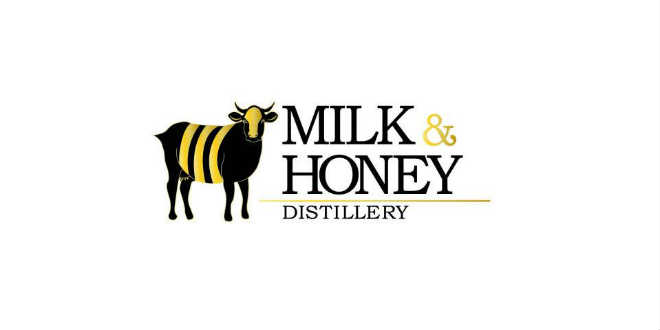
Although drinking alcohol is considered to be Haram or forbidden for Muslims, alcoholic beverages are becoming increasingly popular in Israel, and among Christians in the Middle East where growing vineyards and producing wine and vinegar has ancient historical roots.
Even though it has no peat moss or bogs, the Holy Land is about to start producing whiskey.
Producing quality distilled whiskey in the Land of Milk and Honey has been tried in the past, but has not been successful. This situation may change, however, due to efforts by a trio of young Israeli entrepreneurs who are determined to produce quality single malt whiskey that could rival anything now being produced in the world’s finest whiskey distilleries.
The trio: Tomer Goren, Simon Fried and Nir Gilat want to go a step beyond the average blended Scotch whiskey offered by large commercial distillers and produce a fine aged “single malt” product that will hold its own, quality wise, against traditional whiskies distilled in either the hills and moors of Scotland or the green glades of the Irish Emerald Isle.
To top everything off, the trio’s Milk & Honey whisky products are to be strictly kosher; so much so, that even the most discriminating ultra orthodox Jew will be able accept it. The whiskey will be made under strict rabbinical supervision and will be made from strictly kosher basic ingredients.
A renowned British chemist and scientific consultant for the whiskey industries, Jim Swan, will serve as the master distiller for the enterprise and will be instructed in Jewish kosher food production laws as well.
Israel’s previous experience in producing Scotch whiskey occurred more than 40 years back when a local spirits producing company, National Distillers, opened a Scotch Whiskey distillery in the Galilee development town of Carmiel in 1971. This was done under guidance from a Scottish company who provided the manufacturing know how.
For a while, the blended whisky product they made and marked under the Ascot label was received well by both the Israeli public and by purchasers abroad; until the Scotch Whiskey Association together with manufacturers of well known Scottish brand whiskies sued National Distillers for misleading the public into thinking their product produced in Carmiel was true Scotch whisky. This ended the ill fated venture and put the idea of producing Israeli distilled whisky into the deep freeze – until now.
In order to produce a fine product like single malt whiskey, the ingredients must be undergo a fermentation and aging process that takes at least 3 years until it can be marketed. In order to provide income during this time (until the first batch is ready for sale) the trio plans to produce other alcohol products, including beer.
“We dreamed about whiskey, but in the coming years we’ll produce gin, rum, bourbon and local liqueur until the time for marketing our whiskey arrives, things will be interesting for us,” said Tomer Goren to Haaretz.
They also need to find ways to come up with funds available to produce their products as local banks are not keen on giving loans for making alcohol-based products.
Goren says that they want Israelis to be proud of having such a fine product as single malt whiskey made locally and not only imported. When asked how another whisky product will affect the problem of excessive alcohol consumption the trio has an answer for that as well: “It’s very easy to blame the alcohol companies for all the bad things that happen to us (as a result of alcohol consumption related problems), but in the final analysis, it’s all a matter of education about the culture of drinking,” says Goren to a local paper.
More on alcohol in the Middle East:
Ancient Wine Press for “Pauper’s Wine” and Vinegar Unearthed in Israel
Boycott Wine Until Vineyard No Longer Animal Death Trap?
Why Muslims Don’t Drink Alcohol
Drinking Beer in Cans and Other Middle East Regional Recycling Problem



Comments are closed.